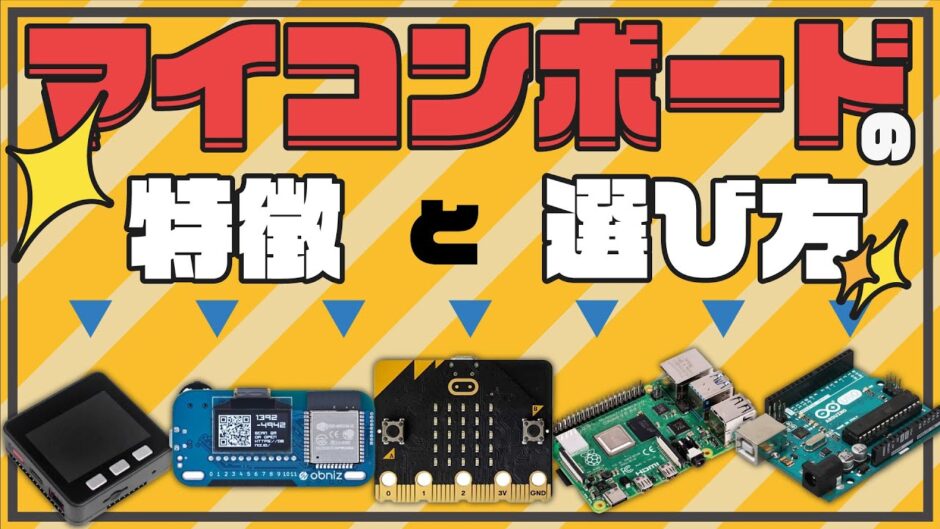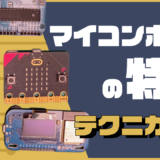YouTube
0:00 Opening
0::30 Features of each microcontroller board
3:50 Introduction of recommended microcontroller boards by purpose
5:14 One Point Advice
5:40 Summary
Microcontroller Board Features and Selection


There are many microcontroller boards out there, but what should you choose? In this article, we would like to explain the features of each microcontroller board and how to choose one.

Among the many microcomputer boards available, we have carefully selected five boards that are popular and easy to use even for beginners.
- Arduino
- raspberry pie
- M5Stack
- microbit
- obniz

Arduino
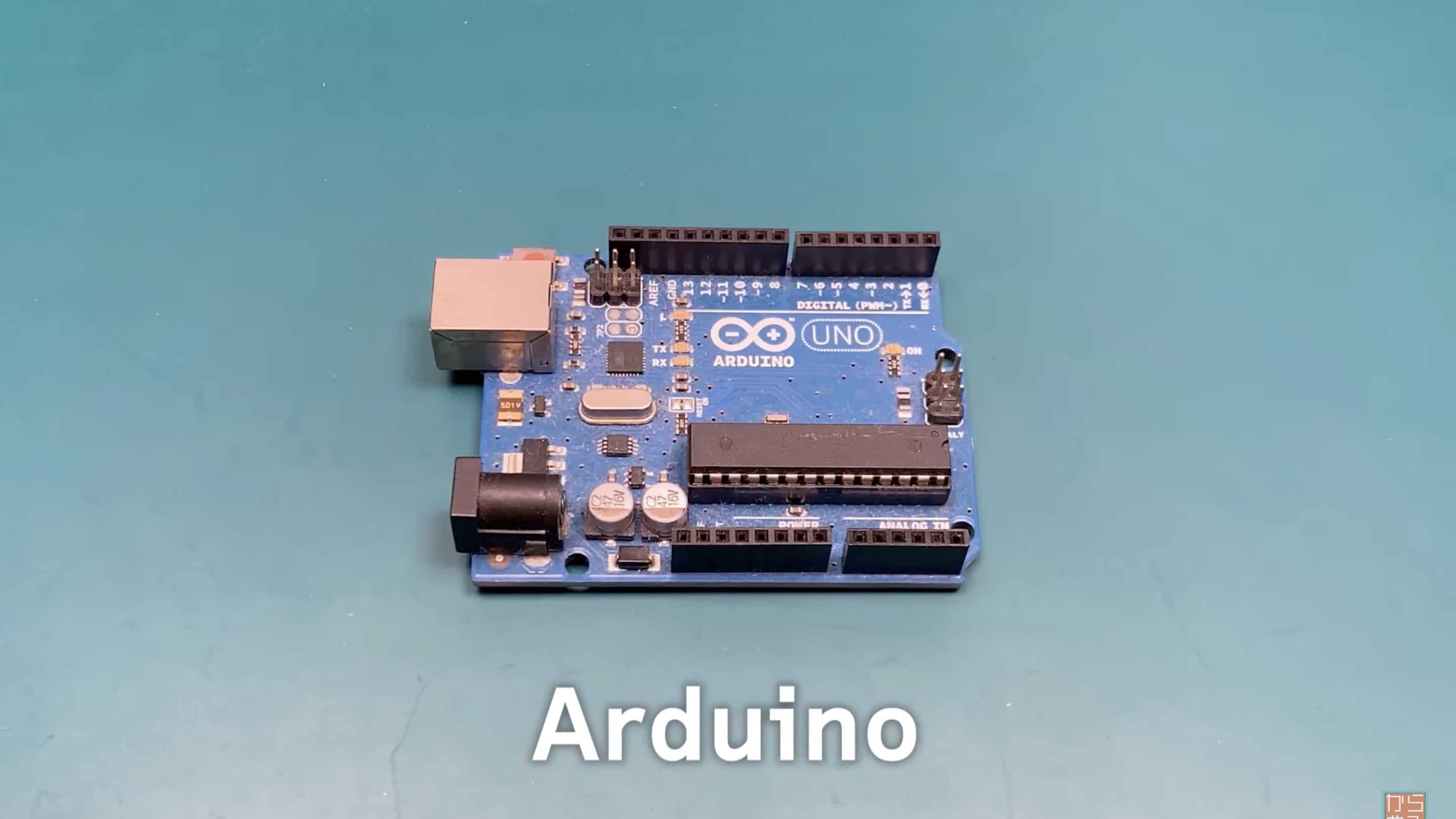
The first one I would like to introduce is
Arduino
The first one I would like to introduce is the
Arduino is a board that originated in Italy for educational use and is said to have sparked the electronics construction boom.
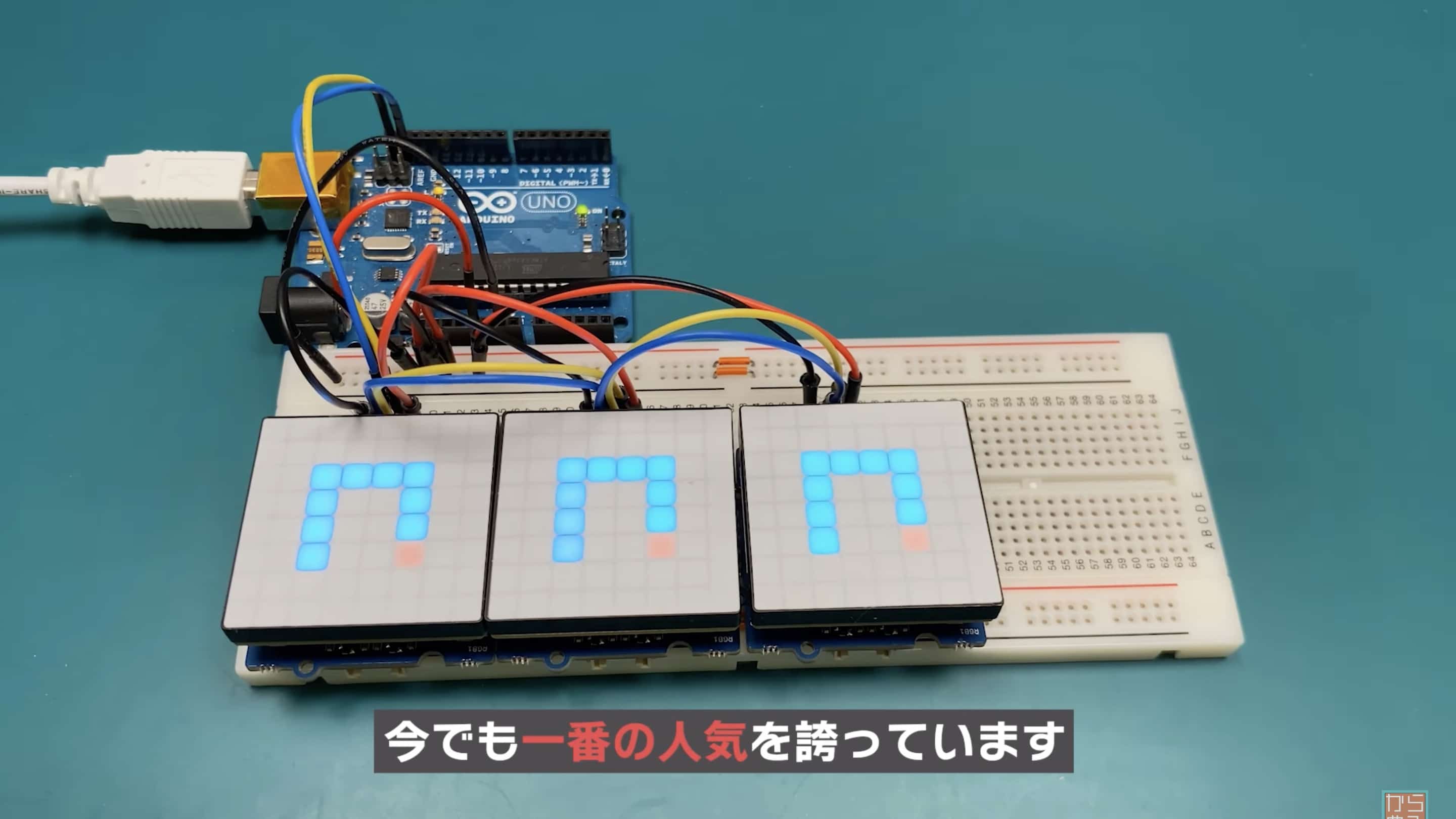
Until then, microcontroller boards were not common and expensive, but thanks to this board, microcontroller boards quickly became popular and are still the most popular.The flow from preparation of the development environment to program writing is very easy to understand.
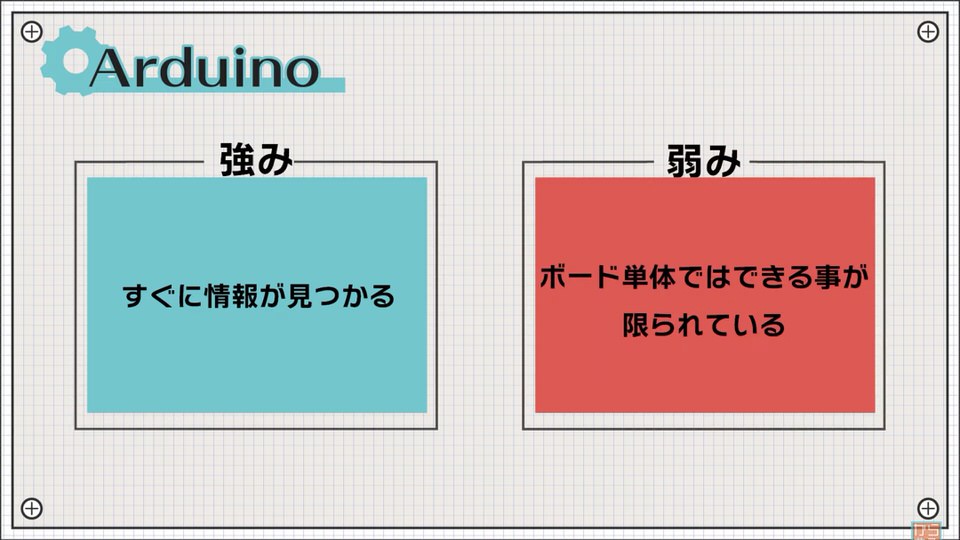
One of the strengths of Aruduino is that there are quite a few books and websites available on the Internet, so even if you want to get something working or get stuck, you can find information quickly.
Conversely, one weakness is that the board by itself is limited in what it can do, so unless you buy sensors and expansion modules in combination, you will soon run out of things to do.
raspberry pie
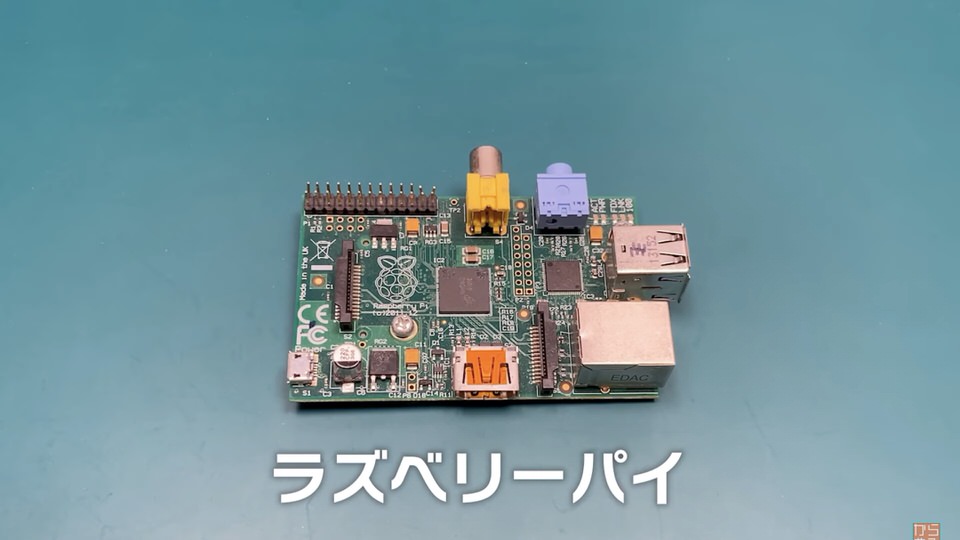
Next we introduce the
Raspberry Pi
which is a
Raspberry Pi was born in the UK in 2012, and although it appeared a little later than Arduino, its palm-sized computer style sold well, and it now rivals Arduino in popularity.
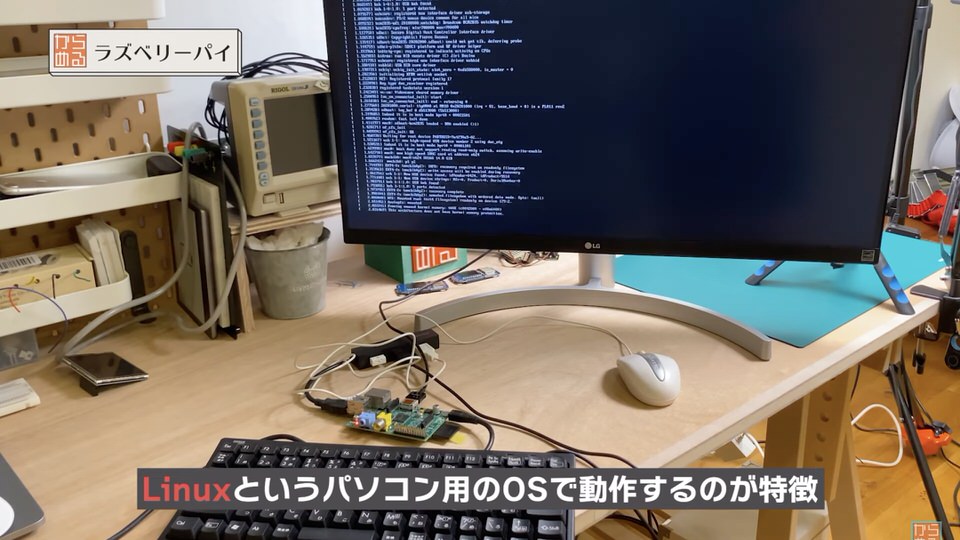
Unlike other microcontroller boards, it runs on Linux, an OS for personal computers.
You may have a similar feeling that the Raspberry Pi is a computer without a keyboard and mouse.
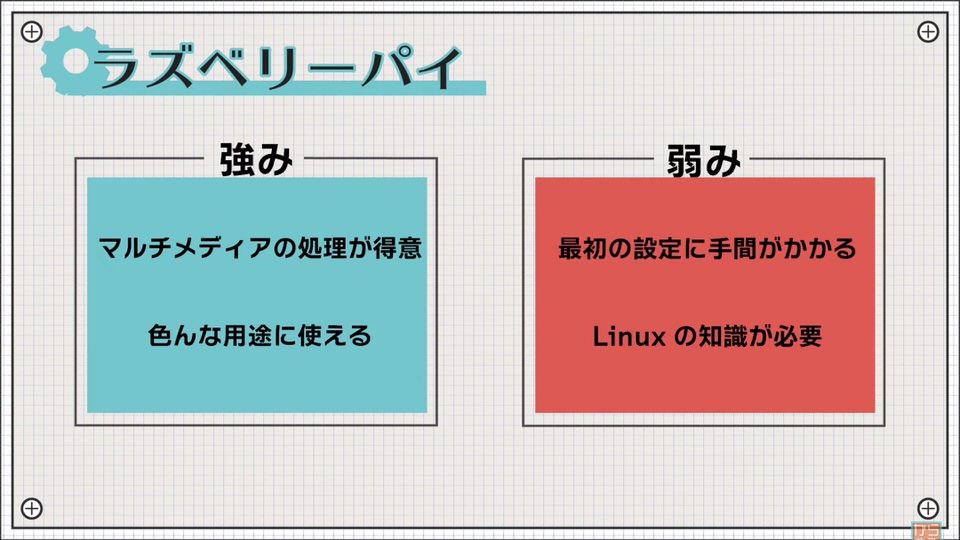
- Good at processing multimedia such as music and cameras since it is a computer inside.
- High specs offer unlimited possibilities depending on how they are used.
If you work hard, you can develop AI and build a supercomputer.
On the other hand, drawbacks also exist.
- Initial OS installation and configuration can be a bit cumbersome.
- Knowledge of operating Linux is required.
M5Stack
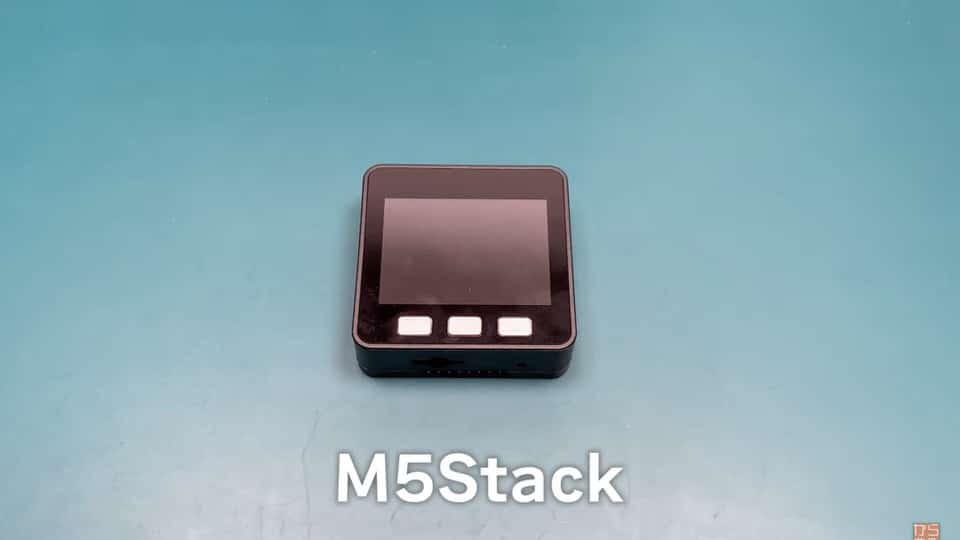
Followed by
M5Stack
is the M5Stack.
This is a microcontroller board born in Shenzhen, China.
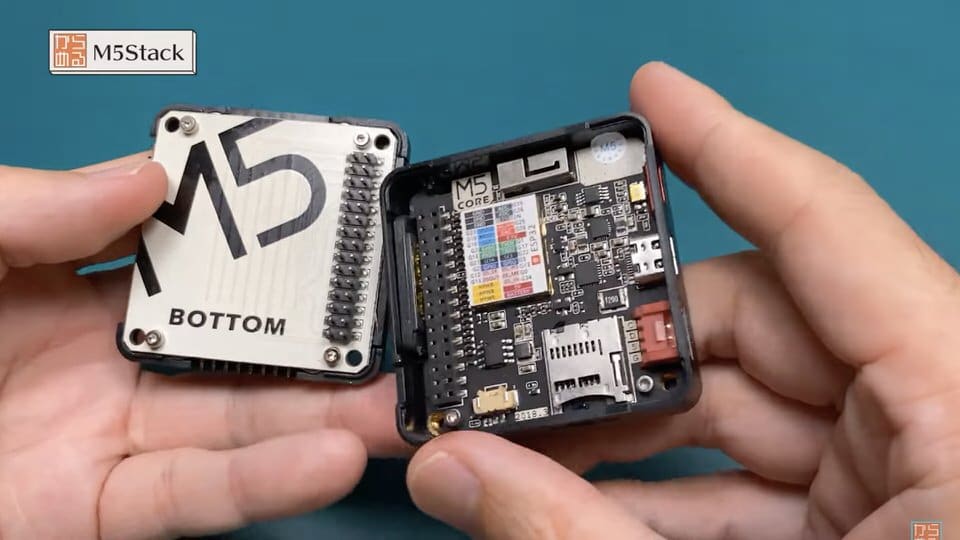
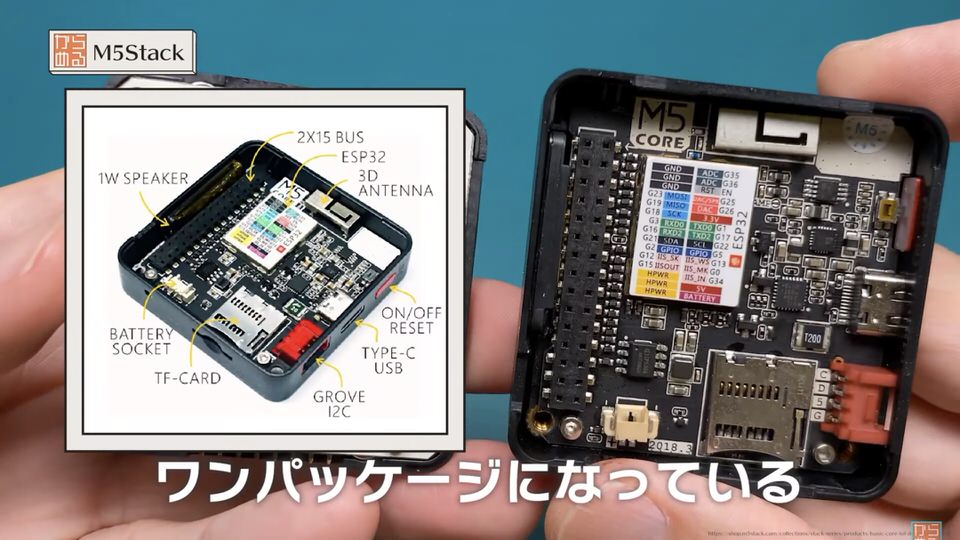
It features a variety of parts packed into a single package.
- display
- lithium battery
- Wireless Module
- Frequently used sensors, etc.
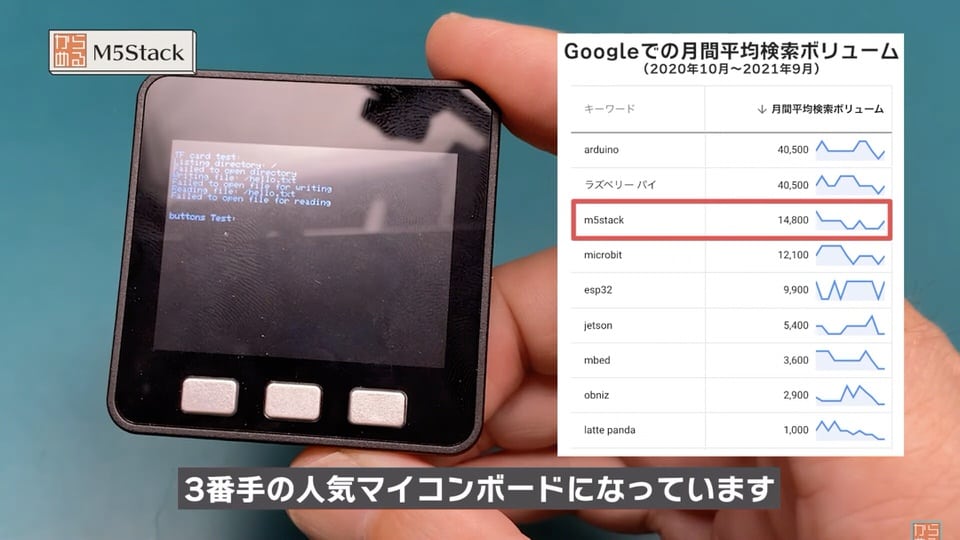
Although its release is relatively new, in 2017, it is gaining fans at an amazing rate and has become the third most popular microcontroller board after Arduino and Raspberry Pi.
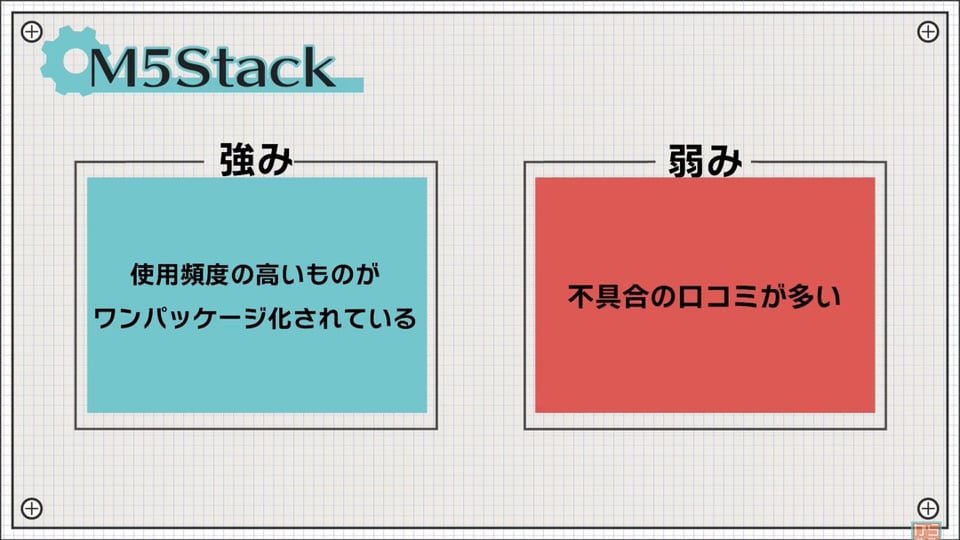
The greatest strength of this product is, after all, that it is packed with the essentials for electronic construction, so you can play with it just by having one of these.
However, there are weaknesses, and I have not encountered any yet, but I have seen quite a few reviews that there are many glitches.
microbit
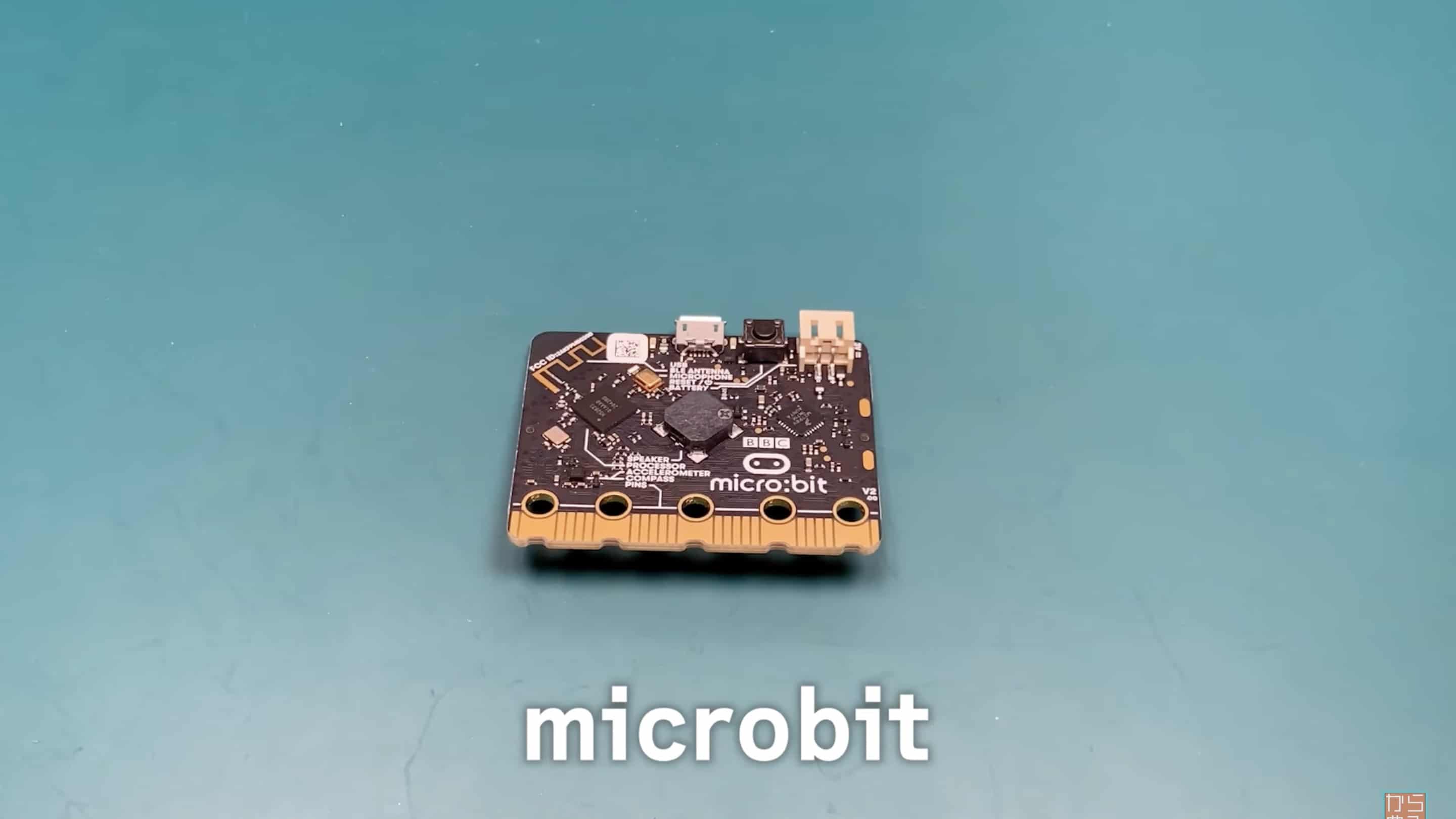
The fourth one is
microbit
The fourth one is a microbit.
This board was created in 2016 in the UK for children’s programming education.
It features a development environment called visual programming, which allows programming intuitively, just like assembling Lego blocks.
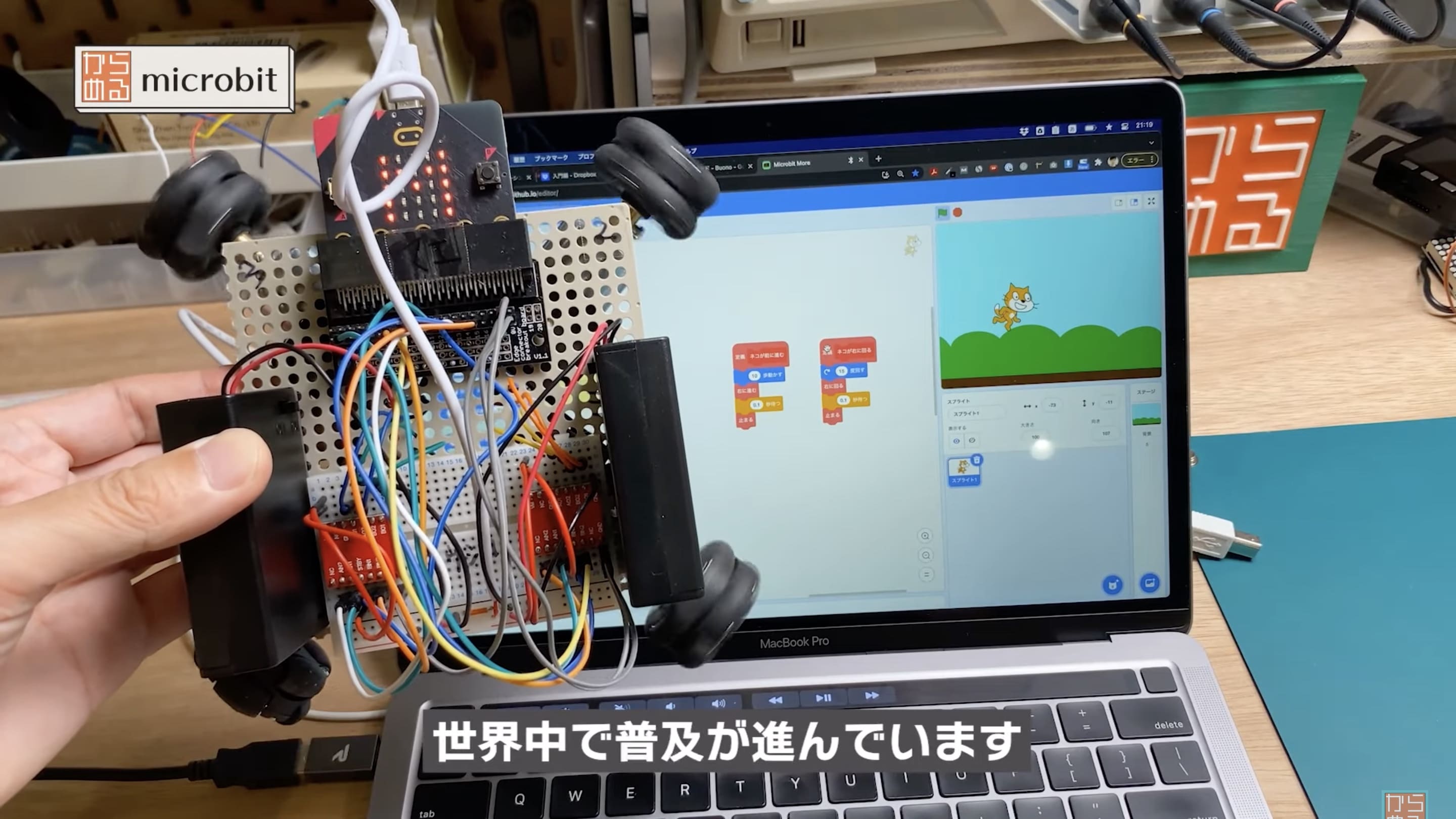
They are becoming increasingly popular around the world, such as in the United Kingdom, where they are distributed free of charge to all children between the ages of 11 and 12.
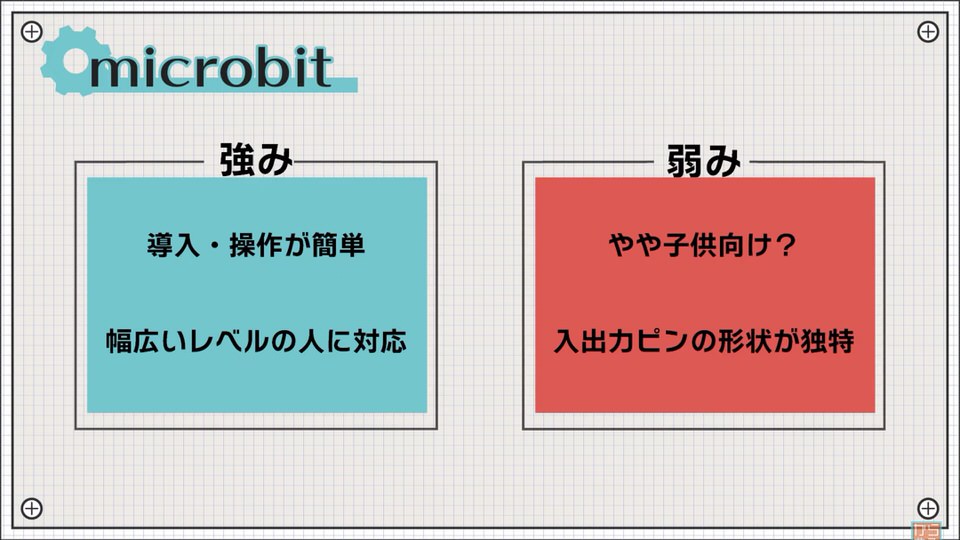
Strengths include
- Easy to install and operate since it is originally intended for children.
- The ability to program in regular text format, which meets the needs of a wide range of beginner to advanced students.
I honestly don’t see any weaknesses.
The following are the most relevant
- Giving the viewer a somewhat childish impression.
- The need for special attachments to use input/output pins
obniz
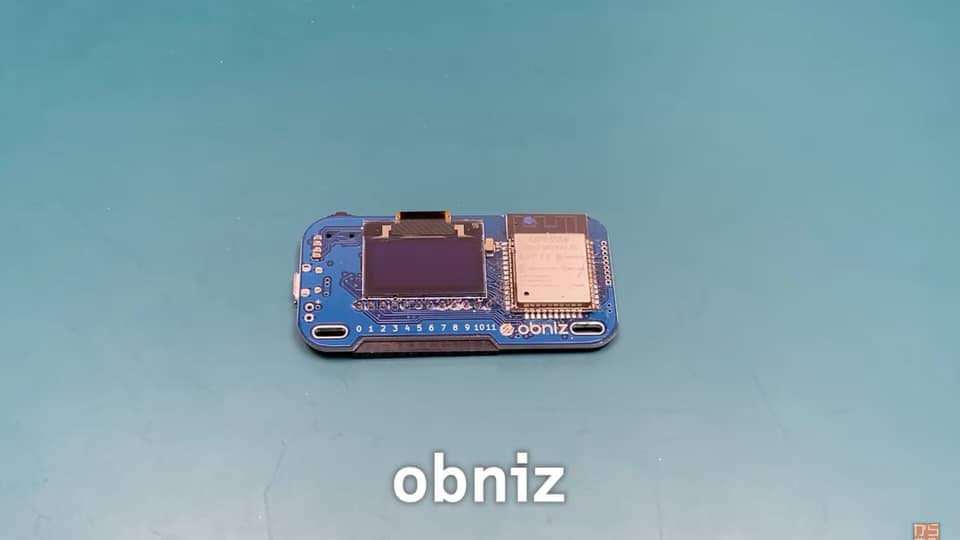
Lastly, I would like to introduce you to
obniz
is
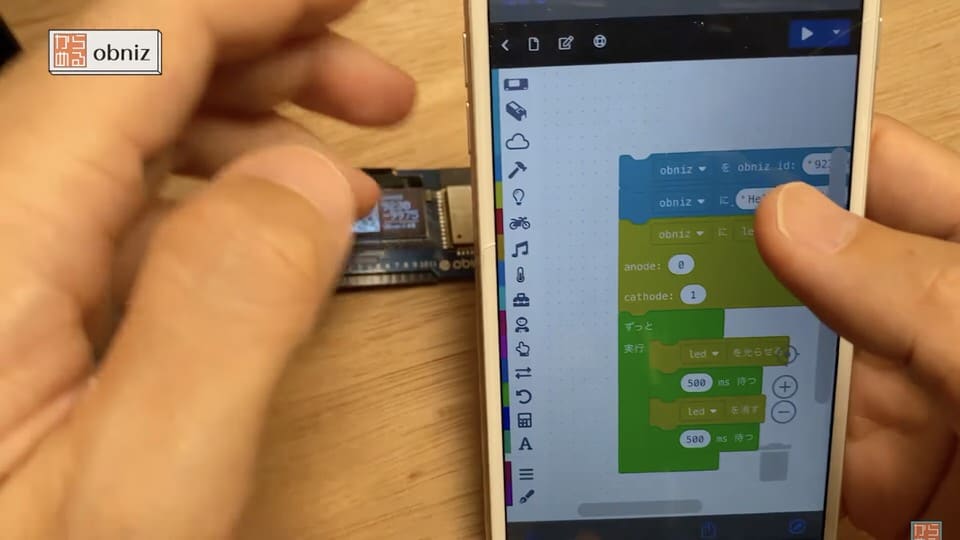
It is the only one among those introduced here that is made in Japan and features extremely simple network settings so that anyone can easily perform IoT development.
The company successfully crowdfunded in 2018 and has gradually built a presence since then.
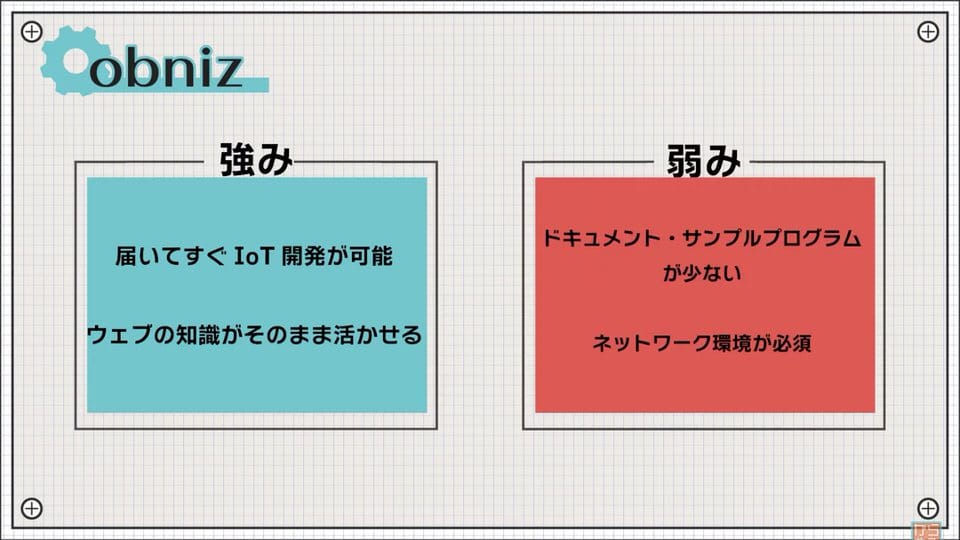
- The ability to develop IoT from the day it arrives.
- If you have web knowledge, you can make use of it because you can write in Javascript.
Weaknesses, on the other hand, include the following
- The fact that it is still not well known and there is little documentation and sample programs.
- The program is placed in the cloud, so a network environment is required.
Introduction of recommended microcontroller boards by purpose

Next, we will introduce recommended microcontroller boards by purpose.
Arduino if you want to use the standard.
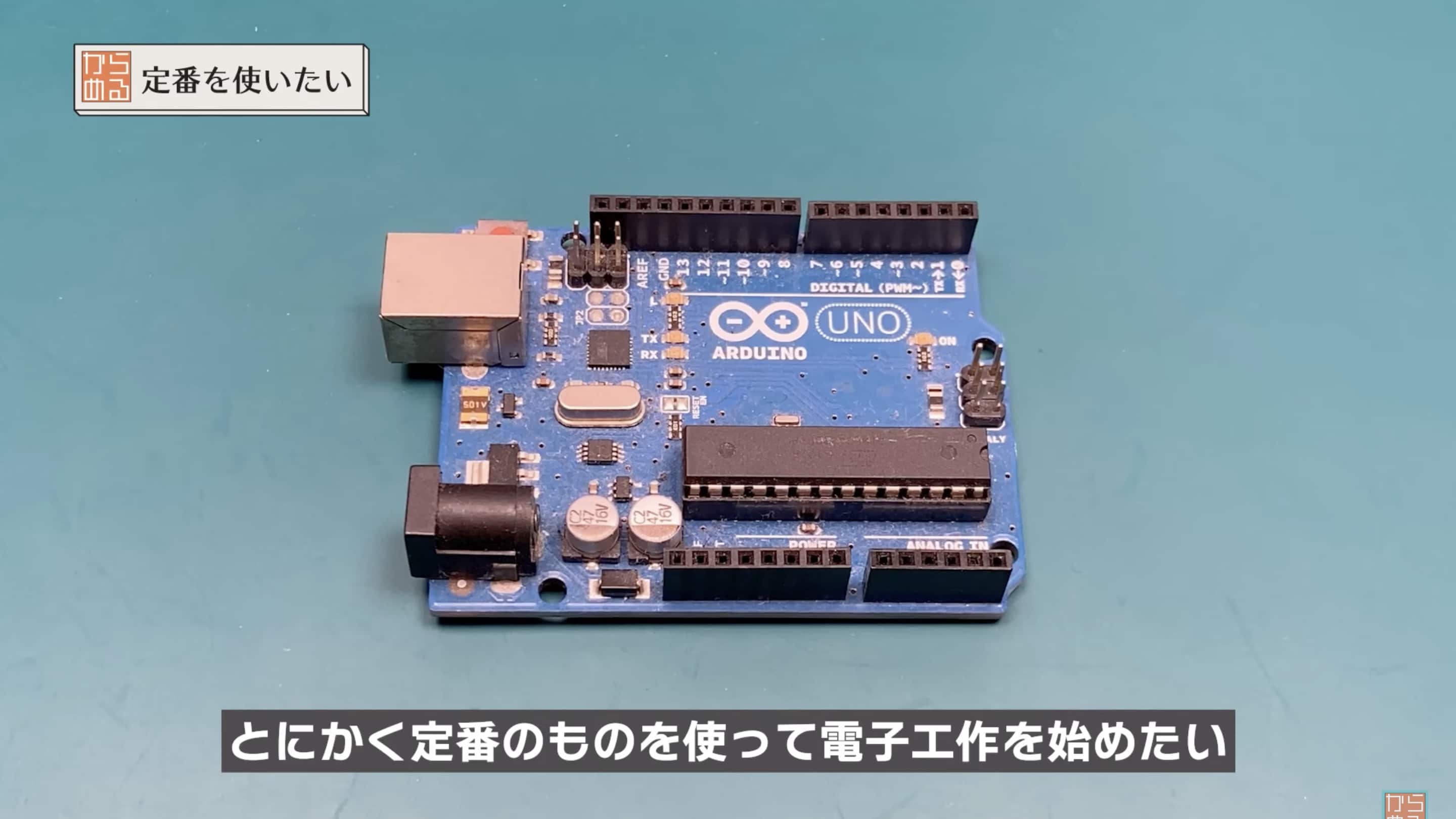
First of all, if you want to start electronics work with something standard anyway, choose Arduino.
In particular, the Arduino Uno type is the most popular microcontroller board at the moment, so you can be sure to buy this one first.
microbit if you want something simple.
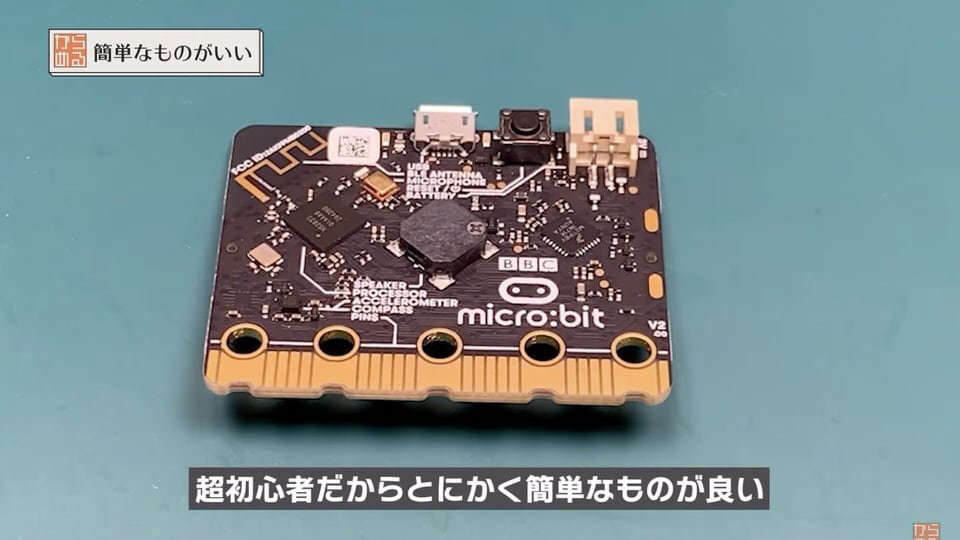
Next, if you are a very beginner and just want something simple, I recommend the microbit. You can play with it as if you were building Lego blocks, so I think it’s a great way to easily enjoy the world of electronic construction.
If you want to make trendy IoT gadgets, obniz
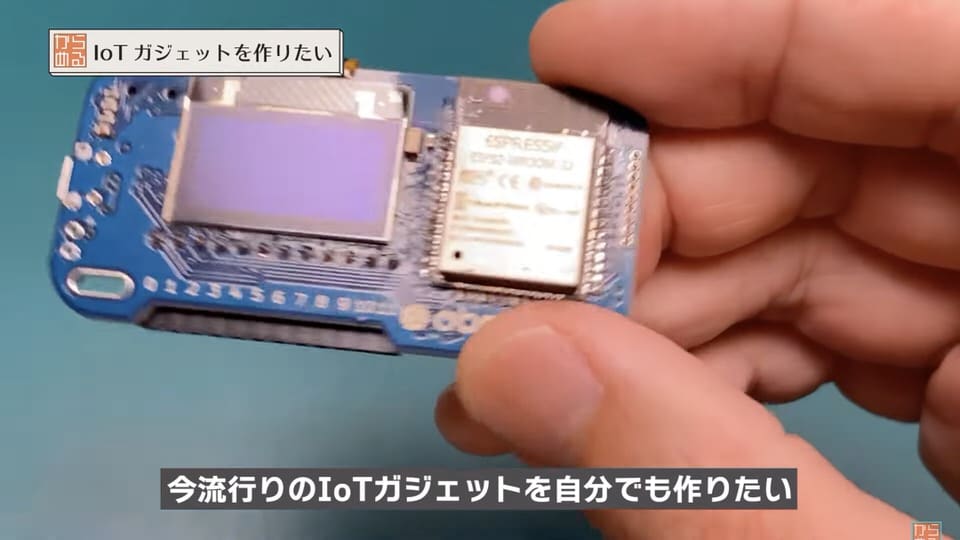
Then, if you want to make your own IoT gadgets, which are very popular nowadays! If you want to make your own IoT gadgets, buy obniz. With obniz, you can set up a network, which is a hurdle for beginners, in an instant.
Raspberry Pi if you want to do a lot of things anyway.
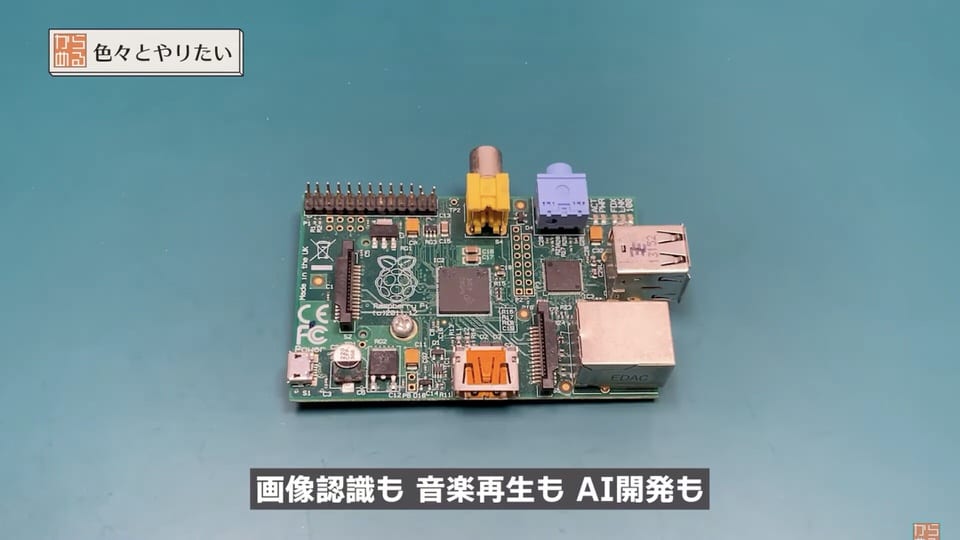
For those who are greedy and want to do various things such as image recognition, music playback, AI development, and so on, I recommend Raspberry Pi. You can do almost anything you can do on a PC, so you will never get bored with Raspberry Pi.
M5Stack if you want to do it quickly and are not highly motivated.
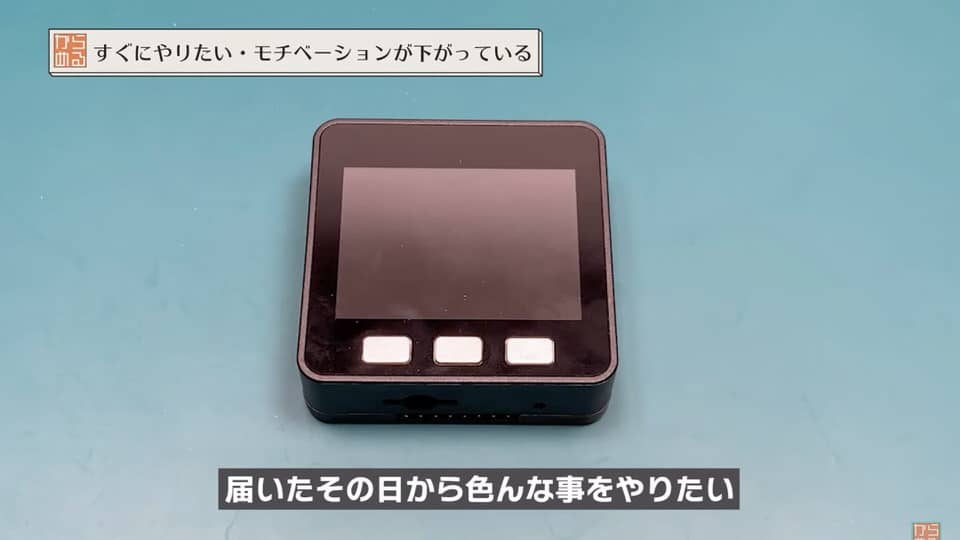
Finally, I would recommend the M5Stack to anyone whowants to do a lot of things from the day it arrives and whose motivation for electronics work has waned a bit.

There is no need to buy anything extra, as the M5Stack contains all the items that are always used in electronic construction in a condensed form.
Also, because of the high degree of perfection of the packaging, this board is the most exciting to hold in your hands. The moment you pick it up, you will surely want to do electronic work again.
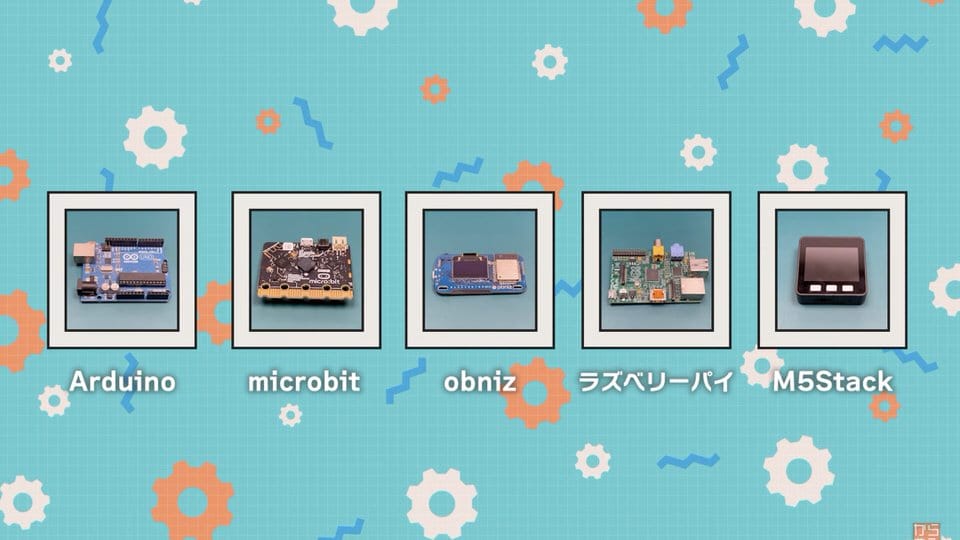
So we have explained the features of each microcontroller board and recommended boards for different purposes.
advice of a point (advice that may be helpful to some people)
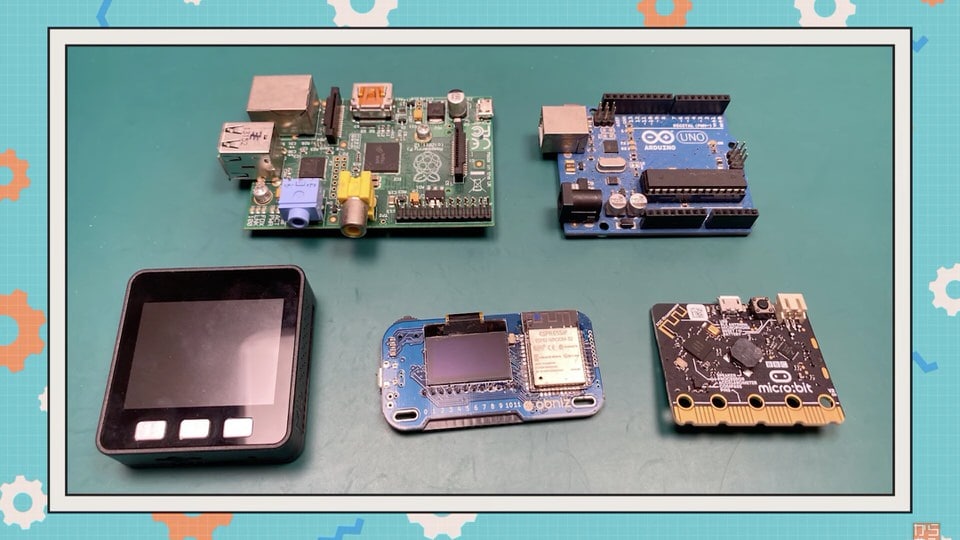
One word of advice.
Recently, along with the popularity of microcontroller boards, there are many types of expansion modules available, so functions that cannot be done with the board alone can be added afterward.
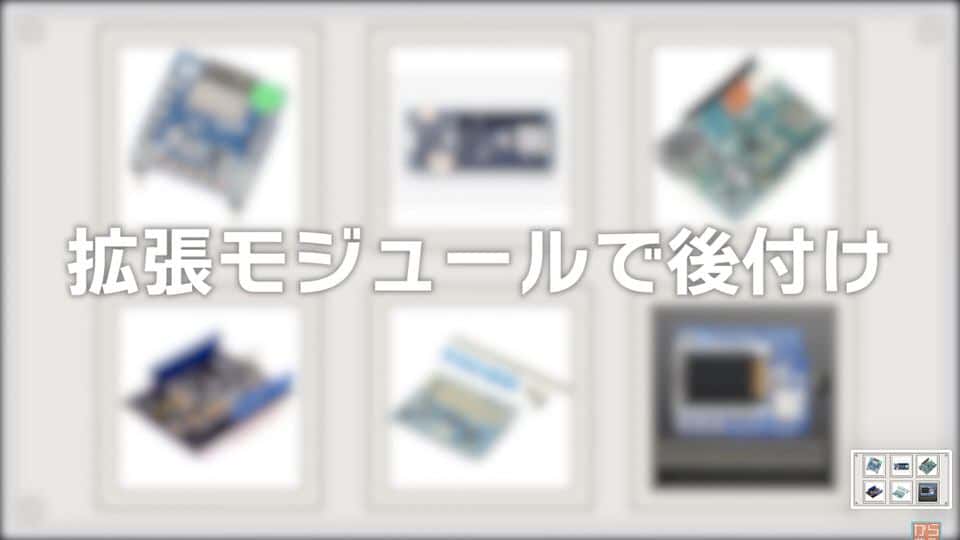
For example, Arduino does not have Bluetooth functionality by itself, but it can be easily added with a module.
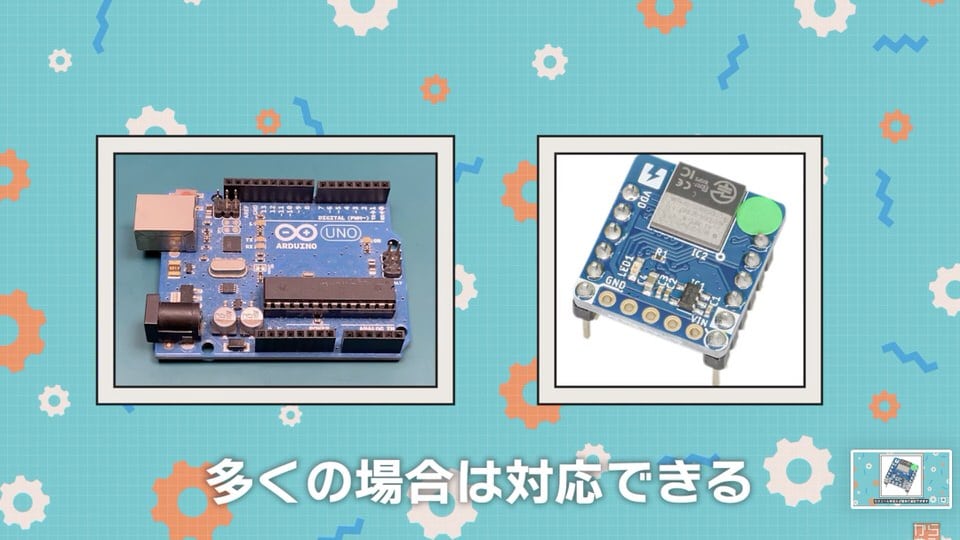
So, even if you don’t have that one after you purchase, rest assured that in many cases we can accommodate you.
summary
In this issue, we have explained the characteristics of each microcontroller board and how to choose one. In this article, we have explained the features of each microcontroller board and how to choose one.

That is all for this issue.
 Start electronics
Start electronics 